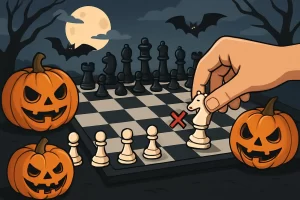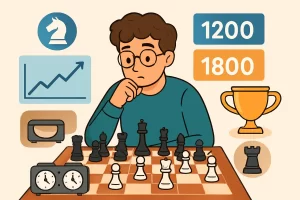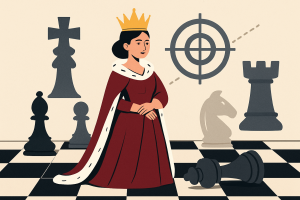Call us now:
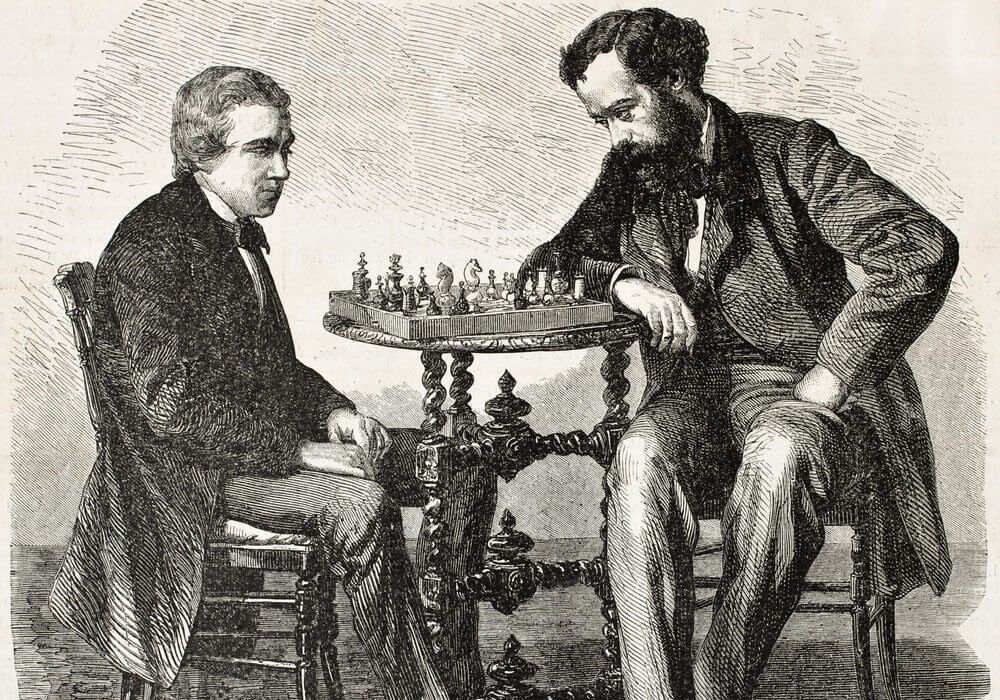
Chess boasts a rich history filled with iconic players who have captivated audiences with their brilliance and strategic prowess. Delve into the world of chess champions by exploring the legendary individuals who have held the coveted title:
Magnus Carlsen (2013-Present): The Norwegian prodigy reigns supreme as the current World Champion. He holds the record for the highest chess rating ever achieved. Carlsen’s aggressive and dynamic playing style has redefined modern chess.
Viswanathan Anand (2007-2013): Nicknamed “The Tiger of Madras,” Anand’s positional mastery. And lightning-fast calculation secured him the World Championship title for six years. He is the first Indian Grandmaster to become World Champion, inspiring a generation of chess players in India.
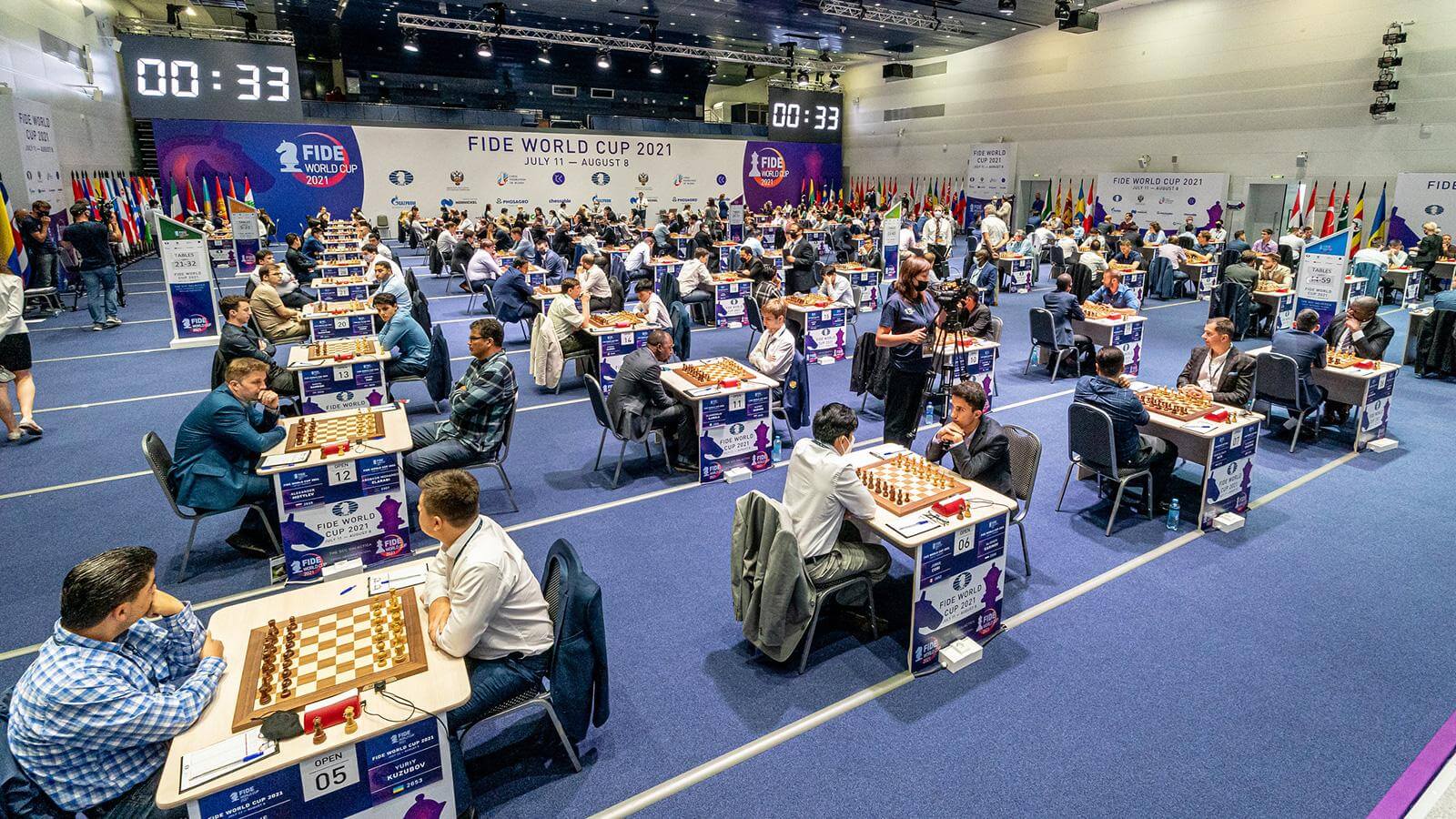
Anatoly Karpov (1975-1985): Known as the “Iron Curtain,” Karpov’s relentless positional play. And marathon matches dominated the chess scene for over a decade. He held the record for the longest reigning World Champion until Carlsen surpassed it.
Bobby Fischer (1972-1975): The American chess genius, Bobby Fischer, achieved legendary status by defeating Boris Spassky in 1972, ending 24 years of Soviet dominance in the World Championship. Fischer’s aggressive and unorthodox style, combined with his enigmatic personality, captivated the world.
Boris Spassky (1969-1972): A brilliant tactician known for his attacking prowess, Spassky lost his World Championship. Title to Fischer in their legendary 1972 match. Despite the defeat, Spassky remained a top player for many years, leaving a lasting legacy on the game.
Tigran Petrosian (1963-1969): Nicknamed the “Iron Tigran” for his impenetrable defense, Petrosian was a master of positional chess and prophylaxis. His patient and strategic approach often frustrated his opponents, leading to many victories.
World Chess Champions 1921 – 1961 yers
Mikhail Tal (1960-1961): The “Magician from Riga,” Mikhail Tal, was a flamboyant player known for his tactical brilliance and sacrificial attacks. Despite a short reign as World Champion due to health issues. Tal’s creative and aggressive style continues to inspire chess players today.
Vasily Smyslov (1957-1958): A universal player with exceptional positional understanding and endgame technique. Smyslov briefly held the World Championship title and remained a top contender for many years. He holds the record for the most Chess Olympiad medals (17).
Mikhail Botvinnik (1948-1957, 1958-1960, 1961-1963): The first World Champion from the Soviet Union, Botvinnik was a renowned chess theoretician and a master of positional play. He regained the World Championship title on three separate occasions, showcasing his strategic versatility and longevity.
Max Euwe (1935-1937): The only player to defeat a reigning World Champion in a rematch tournament, Max Euwe was a brilliant positional player and a strong advocate for promoting chess. He later served as the President of FIDE, the international chess federation.
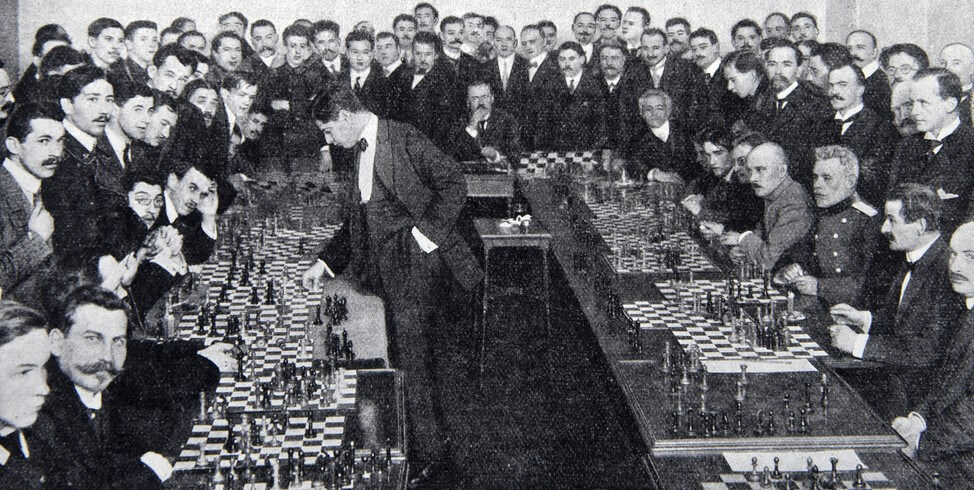
Alexander Alekhine (1927-1935, 1937-1946): A fierce competitor known for his aggressive and attacking style, Alekhine successfully defended his World Championship title on numerous occasions. His career was tragically cut short by his death in 1946.
José Raúl Capablanca (1921-1927): Considered by many to be a chess prodigy, Capablanca possessed an almost unbeatable positional style and exceptional endgame technique. His reign as World Champion was marked by dominance, losing only a handful of games throughout his career.
Сhampions of the 18th century
Emanuel Lasker (1894-1921): The longest-reigning World Champion in chess history, Emanuel Lasker was a brilliant strategist and a dominant force in chess for over two decades. A true chess philosopher, Lasker’s contributions to the game extend far beyond his competitive achievements
Wilhelm Steinitz (1886-1894): Credited as the “father of positional chess,” Steinitz revolutionized the game by emphasizing positional understanding and long-term strategy over quick tactics. He became the first official World Chess Champion and paved the way for modern chess theory.
Paul Morphy (1858-1862): An American chess prodigy, Morphy dominated the chess scene in the mid-19th century with his attacking flair and brilliant sacrificial play. Although his reign as champion was unofficial, Morphy’s exceptional talent and achievements secured his place among the greatest chess players of all time.

